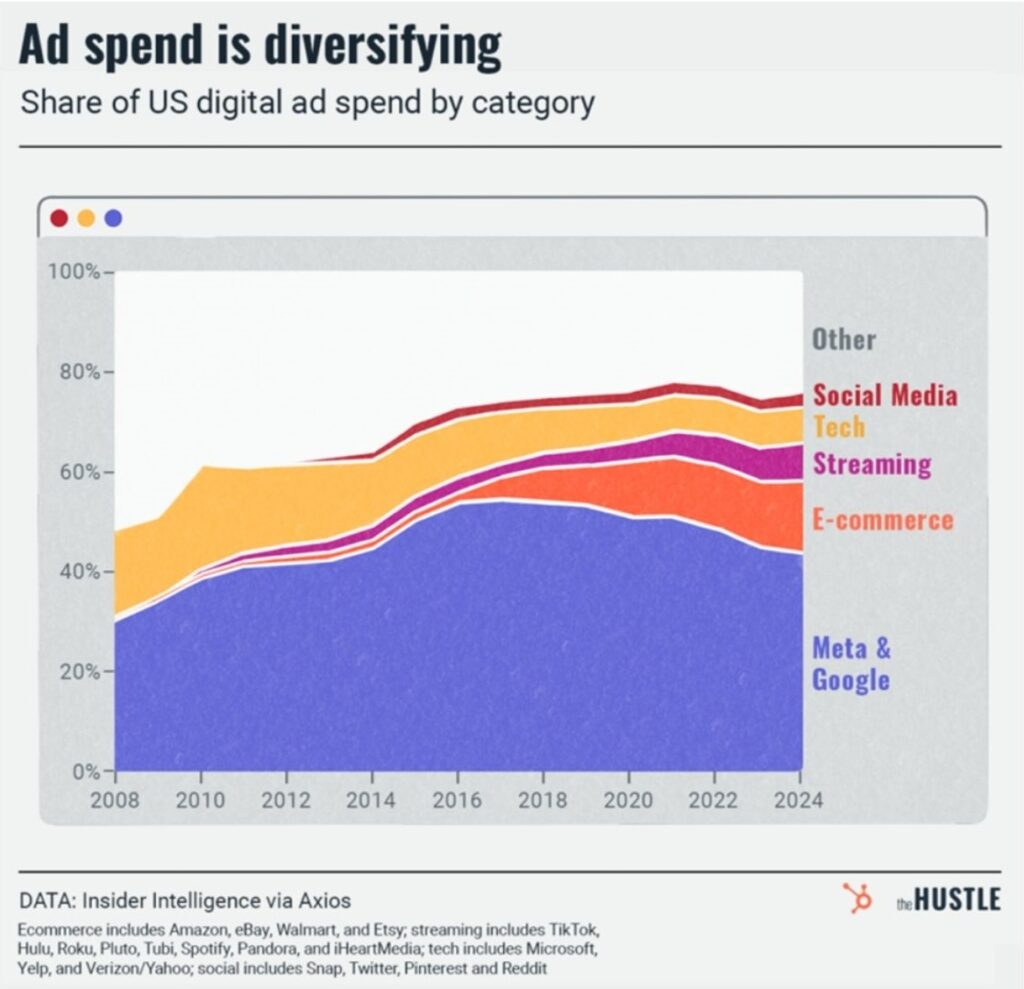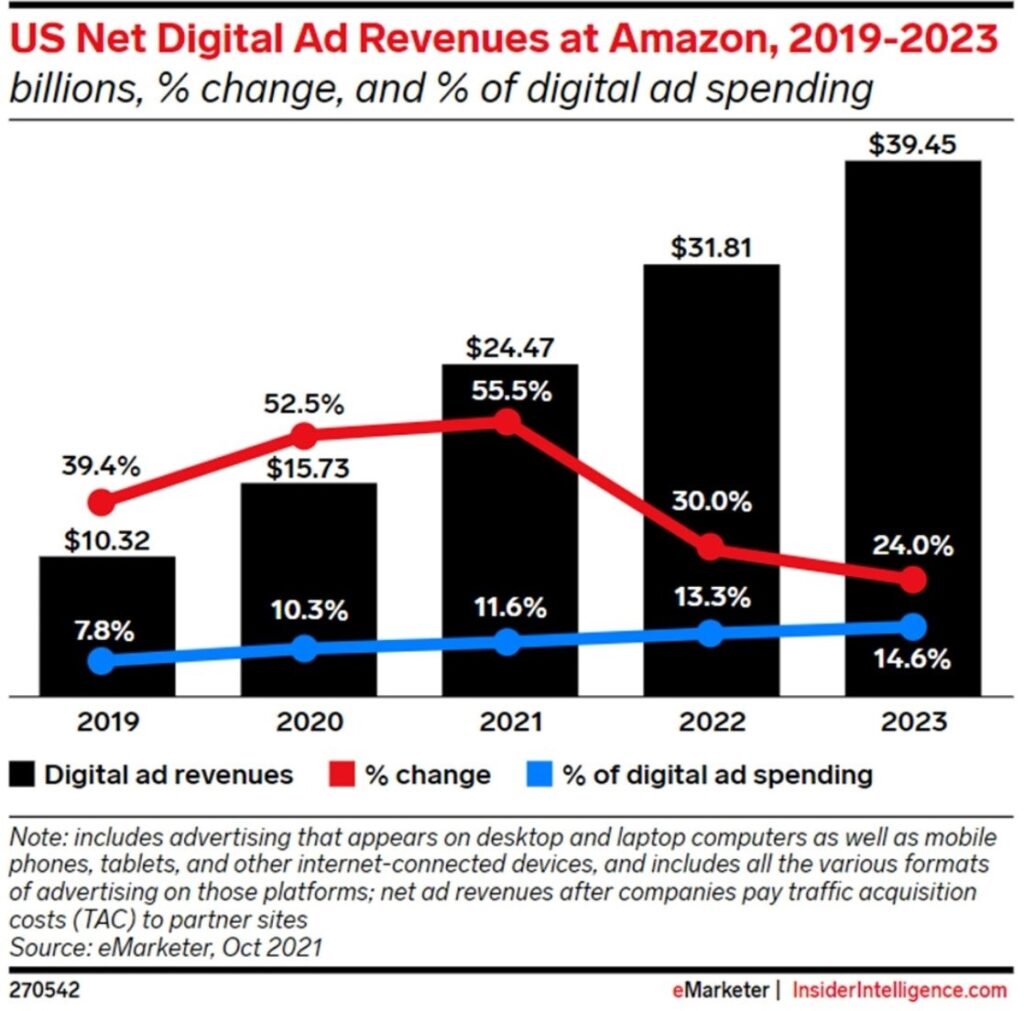After years of being banned from advertising Twitter and Google have announced major changes that could shake up the cannabis and CBD industry. Social media platforms dominate the advertising industry and now two of the biggest are allowing CBD and cannabis companies to run ads. Companies in the cannabinoid space will now be able to build brands with less friction. Creating a widely known brand is invaluable for companies that want to build a relationship and loyalty with their customers and attract new investors.
Companies that sell CBD topicals and FDA-approved pharmaceutical products companies are now allowed to advertise on Google. Along with Meta, Google controls a massive share of the digital advertising industry.
Twitter took a much larger step allowing both cannabis companies and CBD topical brands to advertise albeit with many limitations.
Before launching a marketing and branding blitz Google requires CBD companies to jump through a few hoops – the biggest being gaining certification from a company called LegitScript.
In 2019 LegitScript released a report on CBD titled “The Online CBD Industry Unmasked”. The report was quickly criticized for its lack of nuance and scientific objectivity, with some accusing LegitScript of using the document to push an agenda against the growth of the CBD industry. More likely it was a smart way to create a new business line.
Twitter is the first big social media company to allow cannabis advertising on its platform. Such advertising is likely to be a welcomed source of additional revenue for Twitter following Elon Musk becoming the owner. Florida-focused MSO Trulieve launched ads within days of the new policy being announced. Many more companies are expected to follow suite.
Limitations on advertising on Twitter include:
- Advertisers may not target consumers under the age of 21.
- The policy permits the advertising of “approved Cannabis (including CBD– cannabinoids)”
- The marketing of cannabis may now take place on Twitter, targeting 21 United States jurisdictions.
- Have landing pages that are age-gated and sales must be age verified.
- Not use characters, sports persons, celebrities, or images/icons that appeal to minors.
- Not show cannabis product use.
- Not depict people under the influence.
- Not encourage transport across state lines.
Why now for Google and Twitter?
- The rapidly growing popularity of CBD and cannabis products in the US. New billion-dollar state markets opening including New York.
- Diminishing domination of the digital ad space, especially for Google

From 2014 until 2022 Facebook (Meta) and Google have controlled 50%+ of the digital ad space. That’s now dipped below 50% because of a host of new entrants. Uber, TikTok and most relevant to CBD, Amazon have taken a real bite out of Google’s core revenue stream.

and unlike Google – Amazon has allowed CBD topicals companies to advertise some years.
Slippery slope?
It’s unlikely that supplements and food additives containing CBD as an active ingredient and other CBD products will soon be able to advertise on Google or any other major digital ad platform. They will likely need the cover of guidance from the FDA before they loosen their ad ban further. And as we’ve seen the FDA is unlikely to act on its own without direction from Congress. The big question is will other online advertising platforms such as Uber follow Twitter’s path as it seeks to establish itself as a major player in the advertising and cannabis delivery space.
Editors’ Note: This is an excerpt from our Monthly Playbook. If you would like to read the full monthly playbook and join the thousands of others you can sign up below.


